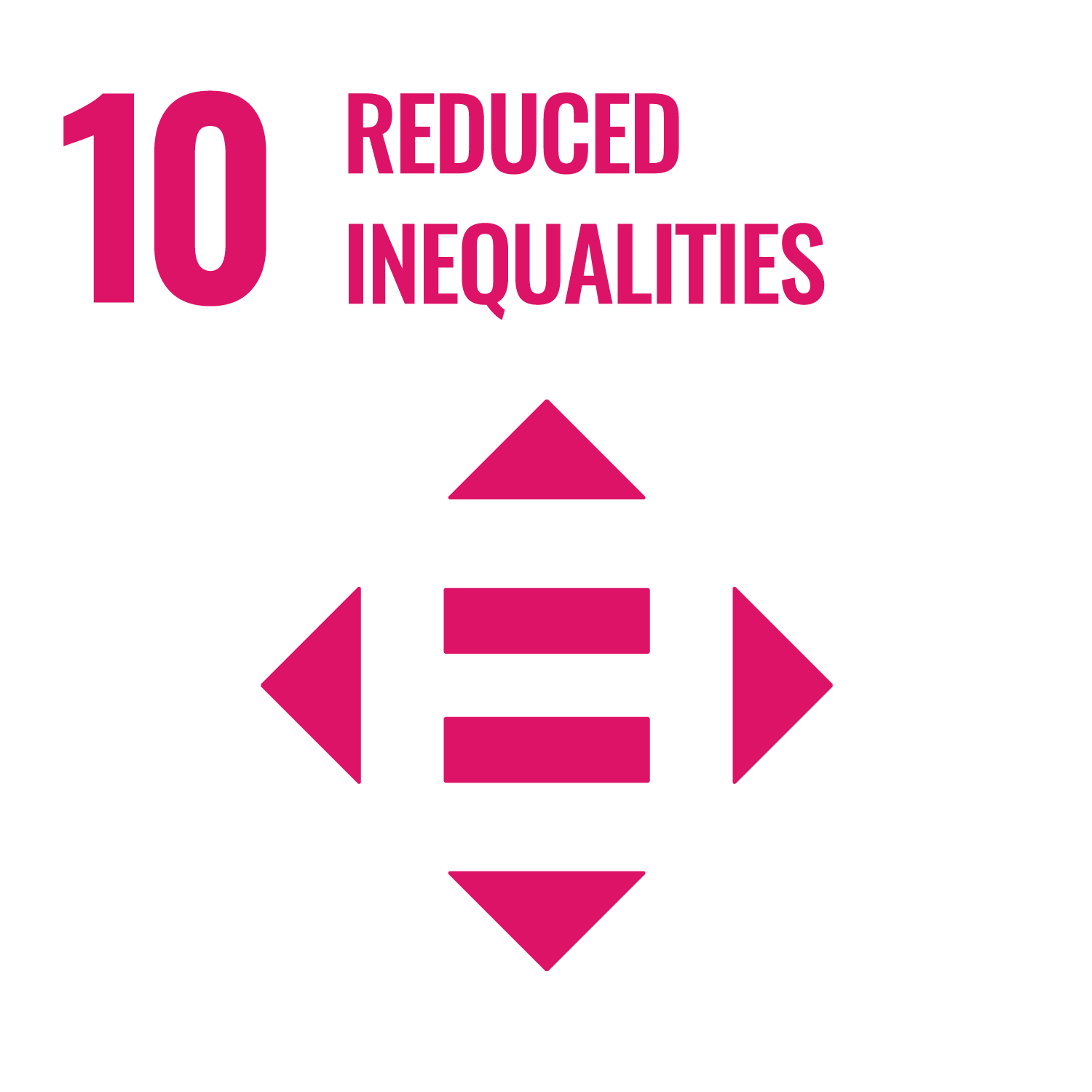


Promoting equal opportunities through music

Thanks to you 👏
76
3%violin bows



45 comments
The project
EqualityEducation
DÉMOS is a social inclusion project centered on orchestral music practice, aimed at children who do not have easy access to music practice in existing institutions.
Action regions
France
Overseas
50
Demos orchestrasDemos orchestras are deployed throughout France.
11 000
childrenchildren have benefited from the project since its creation in 2010.
50
%of children continue to play an instrument after completing their 1st cycle.
Solution
Today in France, access to musical practice is not egalitarian. This is particularly true in the so-called "urban policy" priority neighborhoods, as well as in rural areas far from cultural venues.
Yet musical activity is known to have highly beneficial effects for those who practice it, especially children, and practicing it collectively helps to strengthen "living together" within our society.
Faced with this observation, the Philharmonie de Paris is committed to offering every child, whatever their social situation, the chance to blossom through music. This is the aim of the Demos children's orchestra project, a genuine school for living together.
Yet musical activity is known to have highly beneficial effects for those who practice it, especially children, and practicing it collectively helps to strengthen "living together" within our society.
Faced with this observation, the Philharmonie de Paris is committed to offering every child, whatever their social situation, the chance to blossom through music. This is the aim of the Demos children's orchestra project, a genuine school for living together.
The benefits for these children are immense: greater self-confidence, better concentration and attention span, enhanced listening skills and respect for others...
News
Use of the money
The money raised will be used to equip the youngsters joining a Démos orchestra in 2024 with musical instruments, and to ensure the maintenance of the instrumental park, i.e. the upkeep of the instruments already in the hands of the children taking part in the project. With €40,000, a full Demos orchestra (i.e. 105 children) can be equipped with musical instruments (violins, cellos, trumpets, flutes, oboes...).
Action regions
France
Overseas
Why we love it?
This fine institution lives up to its public-interest mission and stands up for equal opportunity by providing access to rigorous, high-quality musical education for all.
One of our objectives is to act on young people's career paths. Music plays a fundamental role in increasing their cultural capital, their capacity for choice and their social integration.
Gilles Delebarre
Managing Director, Demos Project
Certified association
Démos is an association certified by Dift, here are the criteria we evaluate:
Financial management
Innovation & efficiency
Entrepreneurial spirit, agility & ambition
Governance & values
Transparency, monitoring & impact measurement
Systemic impact
To learn more, visit dift.com/causes
Sustainable development goals


These projects might interest you






